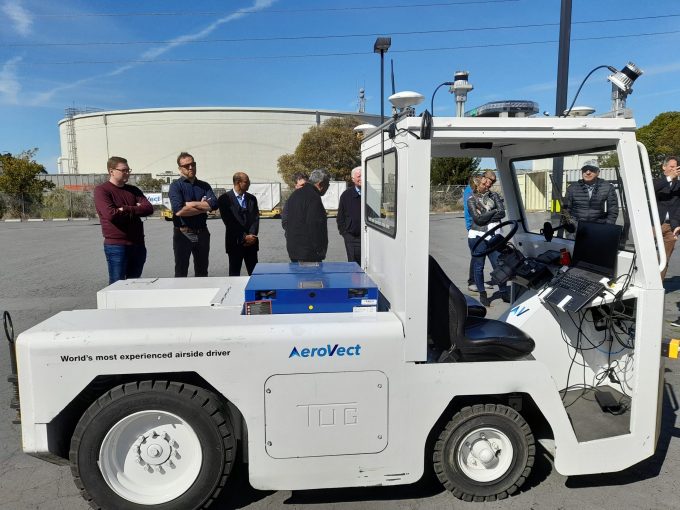Surge in air cargo volumes sees flow into Dubai suspended for 48 hours
Cargo stakeholders – trying to deal with the Red Sea crisis-linked supply chain challenges – ...

It has taken just two short years, but in that time start-up AeroVect has designed, built – and is now delivering ? software which will enable airport vehicles to drive autonomously.
The San Francisco company has announced a major deal with global handler dnata for some 100 units, to be rolled out in the US, Dubai and Europe.
AeroVect is a ‘typical’ start-up story of two Harvard graduates designing the software in their garage during lockdown. It aims to revolutionise ground support ...
Volcanic disruption at Anchorage could hit transpacific airfreight operations
Macron calls for ‘suspension’ – CMA CGM's $20bn US investment in doubt
Forwarders stay cool as US 'liberation day' tariffs threaten 'global trade war'
Shippers snap up airfreight capacity to US ahead of tariff deadline
De minimis exemption on shipments from China to the US will end in May
Tighter EU import requirements proving 'a challenge' for forwarders
Looming Trump tariffs will create 'a bureaucratic monster' for Customs

Comment on this article